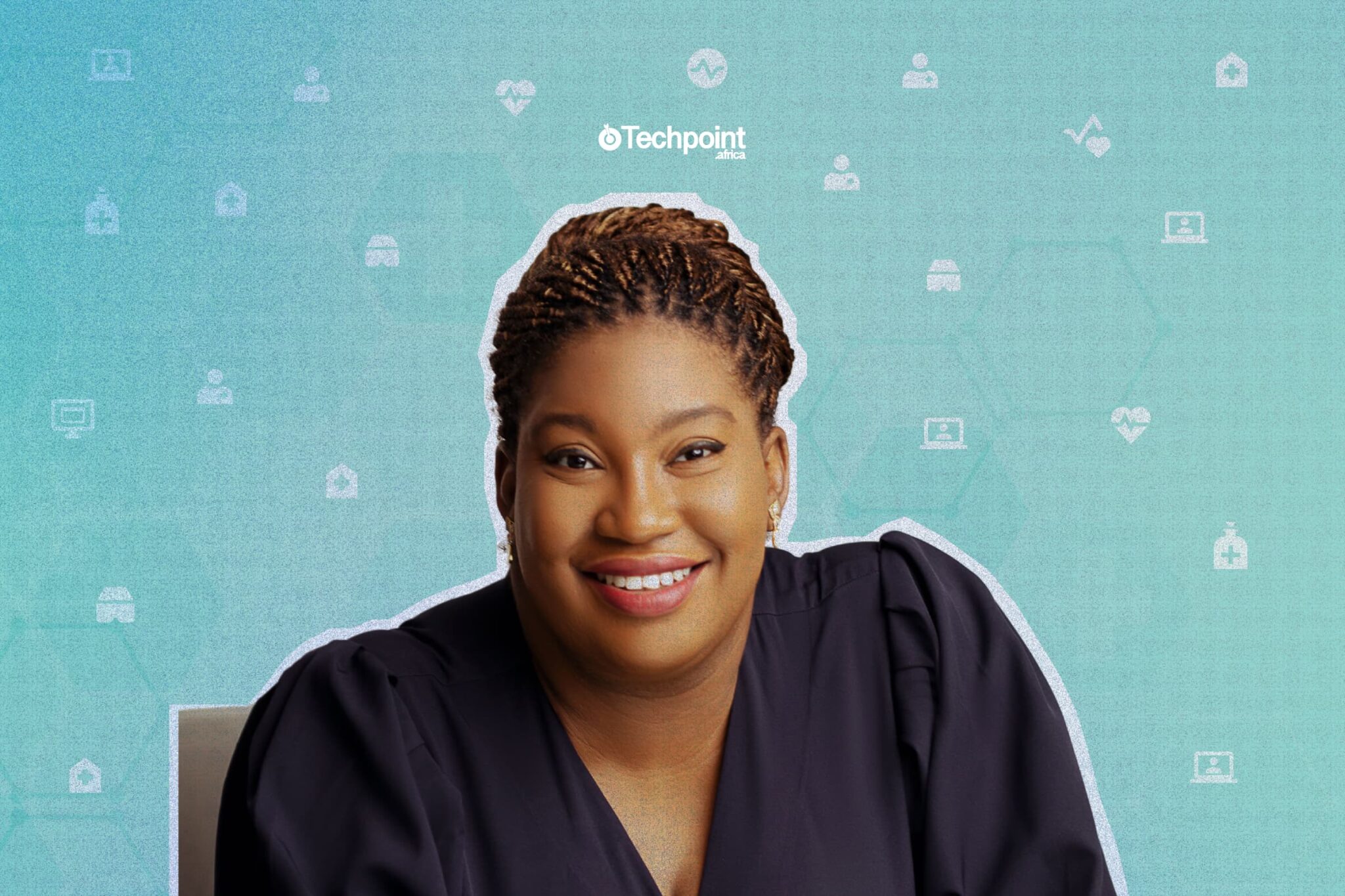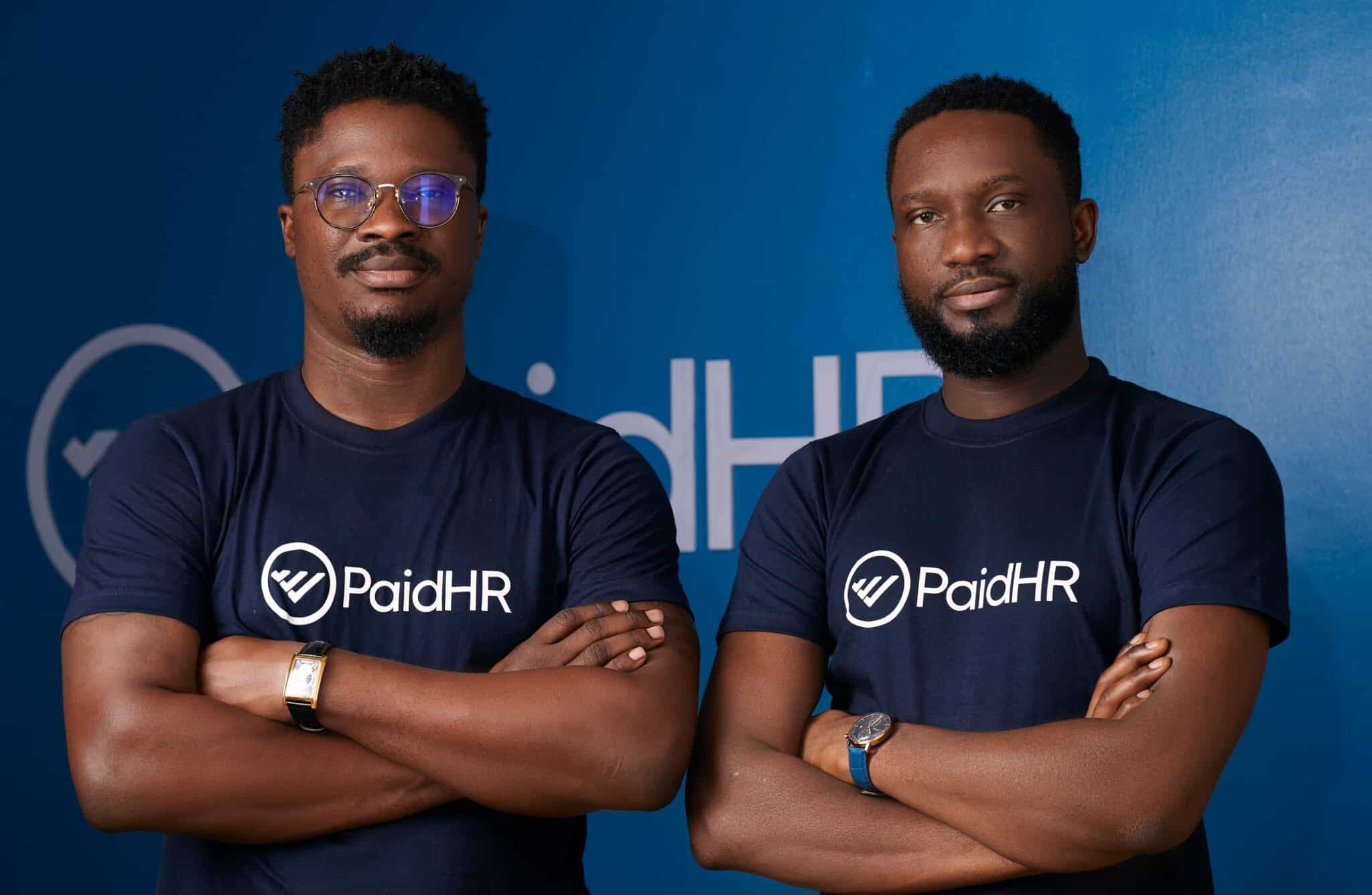Three months into her first job, *Elsie, a content writer, had a health emergency that her insurance provider did not completely cover.
To get adequate and timely care, she needed to make up the difference, but since this occurred midway into the month, she was low on funds. Fortunately, her employer offered earned wage access and she got the care she needed.
Thanks to technology, access to goods and services is almost instant. Users can get food delivered to their homes, order a cab, and even meet romantic interests when they want. But most of the nearly 70 million employed Nigerians access their wages monthly.
Bills, however, are not necessarily monthly affairs and in a country where more than 27 million employees earn less than ₦100,000 annually, emergency expenses can throw individuals into a panic.
In most parts of the developed world, people can access payday loans, pawn loans, overdraft, or credit from their financial institutions. However, less than 5% of Nigerians have access to credit, limiting their options during emergencies to family, friends, and loan sharks.
Earned wage access startups in the country such as Pade, Salad Africa, and Earnipay want to change that.
What is earned wage access?
Also called on-demand pay, earned wage access allows employees to receive a portion of their accrued wages before payday.
Someone who earns ₦100,000 monthly at a digital marketing agency where regular pay cycles stipulate that they are paid at the end of the month, can withdraw part of their salary on the 15th of the month with earned wage access.
Unlike payday loans or salary advances, earned wage access only pays workers for work already done. Through partnerships with employers or third-party providers, employees can access their accrued wages instantly or within a short timeframe.
Although earned wage access isn’t new, it has only begun to attract interest in Nigeria in the years following the COVID-19 pandemic as companies explore ways to attract or retain employees, but that’s not the only reason.
According to this survey conducted in December 2022, 63% of Nigerians do not earn enough to take care of their needs without including dependents.
Rising costs of living, debts, and medical expenses were some of the reasons put forward and things have only gotten worse. Nigeria’s inflation rate was 33.3% in March 2024; one year ago, it was 22.04%.
Employees want flexible payment options
Seye Bandele, CEO and Co-founder of Pade, explains that adding an earned wage access product to the startup’s offerings was a consequence of the insights gotten from the businesses they served.
While these businesses had regular pay cycles, he reveals that employees had reasons for requesting salary advances a few days after payday.
Most of the reasons the team saw revolved around emergencies, healthcare, and rent and was a sign that salary earners at these organisations wanted more flexibility around how they accessed their salaries. However, most employers were unable to provide their employees with the monies when they needed it.
“Some employers have taken the initiative to break their pay cycles into twice a month, but even at that, employees prefer a flexible payment cycle.”
While Pade only added earned wage access as one of its features, Salad Africa’s initial value proposition was providing earned wage access to employees. Founder and CEO of Salad Africa, Chikodi Ukaiwe argues that providing earned wage access is a quick introduction to credit for many Nigerians.
“Primarily, African consumers are predominantly underbanked or underserved. It’s a word that is used a lot but I don’t think a lot of people understand what it means. For an underserved audience, earned wage access provides a quick means to financial inclusion in an environment where only 8% of the population don’t have their information on any credit bureau.”
He adds that earned wage access also helps employees deal with emergencies that arise in between pay cycles. In addition to catering for emergency services, earned wage access remains attractive to users because it comes without the fees that a loan or overdraft attracts. Still, it isn’t without its faults.
Earned wage access must be delivered responsibly
While employees may want flexible access to their earnings, there’s the danger of overreliance on these services. Elsie argues that employers should strive to include it as an employee benefit but adds that it must be done responsibly.
“I think if you’re going to do earned wage access, you should also talk about financial literacy. It’s a good option to have as a benefits plan for employees; however, I remember when my employer mentioned how many people in the company literally couldn’t go a month without getting salary advances.”
Ukaiwe adds that while some providers may present earned wage access as a solution to financial instability, other financial services such as savings, insurance, and credit must be provided to achieve financial wellness.
“Earned wage access provides a very specific solution to a problem, not the problem. It is not supposed to be a replacement for longer term credit or financial education. If you don’t give people the rest of the financial services and you only give them earned wage access, down the line, it’s going to cause a problem.”
To that effect, he explains that Salad Africa works on providing other employee benefits to complement earned wage access. It also restricts the percentage of an employee’s earnings that can be unlocked independently with users only able to access up to ₦50,000 without HR approval regardless of how much they earn.
Amounts above that must be approved by the employer. He also adds that success for the startup is based on the infrequency with which users access earned wage access.
“Even though it actually means more revenue or more traction for us, it is not success because there’s a problem. That’s why it is not one of the products that we promote. We don’t encourage people to take it every month. It is not something to be encouraged for people to continue to draw down from their future salary.”
Bandele adds that Pade takes a similar approach as employees can only access 50% of their earnings at any time. Furthermore, when it launched earned wage access, it partnered with a financial education provider to help employees learn how to manage their finances.
It’s still early days but Bandele predicts that more employees requesting earned wage access would drive its adoption in Nigeria.
“The dynamics around how people access their earnings is beginning to shift. We’re in the very early days, but I imagine in ten years from now, almost every employer will have to provide flexible access to salaries for their employees,” Bandele concludes.










